Yearly Archives: 2009
Abseiling before the wind
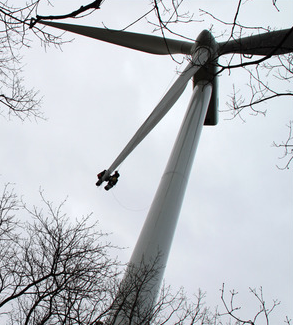 Everyone who has a hobby must at some point think, “I wonder if I could make a living doing this?”
Everyone who has a hobby must at some point think, “I wonder if I could make a living doing this?”
The NYT has a great article (and video) about a new opportunity being offered by the growth in wind turbines. Sounds like fun!
For this job, though, you may need a certificate from the Society of Professional Rope Access Technicians. There are some wonderful organisations out there, don’t you think?
Regressive progress?
I forget who said that the great thing about the mobile phone network was that it had lowered people’s expectations of telephony to the point where internet calls were now feasible…
I couldn’t help thinking of this while looking at the map of the UK’s planned switchover to all-digital TV. When I upgraded my aerial a couple of years ago to allow me to do digital stuff, it made such a difference to my analogue picture that the digital signal, while good, is now definitely inferior. And I have a top-line TV with a high-quality digital tuner, but I am still aware of slight digital artefacts which are more annoying than any analogue noise. Most of our TV-watching is, actually, digital, because we store everything to disk and watch it later, but on the rare occasions when we watch anything live – during Wimbledon, for example – we always prefer the analogue signal. This is because I now have very good reception, but ironically, people at the other extreme – in remote far-flung parts of the country with very poor coverage – will have the opposite problem of not being able to get a digital signal at all.
Often, apparent drops in quality can be explained by Clayton Christensen’s idea of disruptive technology: examples include audiophile hi-fi CD systems being replaced by MP3 players, gigabit ethernet connections proving less popular than wifi, and so forth… The original metric that was used by customers to judge a technology’s value is suddenly replaced by a different one and all those who had striven for constant improvement on one axis suddenly have to change direction. The companies that can move fast are generally the winners.
That’s not really the case for the Digital TV switchover. With classic disruptive technology examples, it’s generally the customer who suddenly realises that he wants something different from technology and is willing to put up with a compromise elsewhere in order to get it. Here, it’s not clear to me that many consumers really want digital TV; this is being driven by the industry, which will make it a much harder sell. And it means that it’s the responsibility of the industry to provision the system appropriately so that customers aren’t let down by ‘progress’.
I’m still keen on the switch to digital, because I know what it will let me do on my hard disk, and I appreciate the value of reclaiming large chunks of the frequency spectrum. For me, these are a higher priority than smooth high-speed motion when watching sports footage. But I can’t help feeling I’m probably in a minority here!
Still, perhaps the great thing about YouTube will prove to be that it lowered our expectations of video to the point where terrestrial digital TV was not too much of a let-down.
Reasons to have a puppy #2
While walking Tilly this morning, the word frolicsome – absent from my vocabulary for too long – suddenly occurred to me, out of the blue.
Reasons to have a puppy #1
It helps maintain your work/life balance. You don’t have a life and you can’t do any work!
I, Tilly
Hello, everyone, I’m Tilly!
I came to live with Quentin and Rose just a week ago, and they haven’t had any time for blog posts since!
I was allowed to go out in the big wide world for the first time yesterday, and it’s a very strange place – all white and cold! But I can bite lots of it, so that’s good.
It looks as if there’s a very big world out there to explore!
But exploring too much of it is very exhausting so I need to have a snooze afterwards.
Drive to live
I’ve been replacing the hard drive on my Mac Mini, the one that runs my TV. Mac Minis are not easy beasts to disassemble, and it’s something which could be a fairly daunting process were it not for the wealth of information online from those who have walked this path before.
Fortunately, the disk which died had little on it that was of importance. All the past episodes of Frasier and Poirot are stored on a separate drive! But fixing it has still been time-consuming. It brought home once again the message that all hard disks die. In particular, as we strive for ever-smaller devices, the 2.5in ‘laptop’ drives are becoming ever more popular, and these die much more frequently than their larger counterparts. Many of them will last for 10 years. Some will turn up their little tootsies after 6 months. But they will all go in the end.
So look around your house or office and consider your backup strategies. The question to ask yourself is “What will I do when this machine dies and all the data goes away?”
Go on. Do it now, because it might happen this afternoon. Start with the machine you’re using to read this post. And note the ‘when‘. If we are tempted to say if, as the old saying goes, we deceive ourselves, and the truth is not in us.
What will I do when this machine dies and all the data goes away?
RSS to Mail
If you’re not very good at checking your RSS feed reader, but understandably can’t bear to miss a post on Status-Q, you could try a service like FeedMyInbox, which takes RSS feeds and send them to you by mail. Seems to work very nicely.
You can sign up for Status-Q feeds here:
Quote of the day…
…is a snippet from Frank Zappa:
Information is not knowledge. Knowledge is not wisdom. Wisdom is not truth.
There’s no place like Chrome
Sometimes, just sometimes, I wonder whether I’m getting a glimpse of the future. I wondered that about the early Google Wave videos, but, so far at least, for all the technical cleverness, the future leaves something to be desired. We shall see.
On the subject of Google, though, this post may or may not turn out to be a momentous..errm… moment for me. Because this is the first thing I’ve written using their Chrome OS. I’m running it on my Acer Inspiron One netbook, booting from a USB drive using the very handy images created by a student known as Hexxeh, who seems to have been such a success that his site is currently down.
So far it’s been very easy to get going, amazingly fast to boot even from my elderly USB stick, and pretty nice to use.
Something tells me this may not be the last post I make using this system…
More from TED
Two great TED talks for you this morning: Richard Dawkins, speaking in the States, on atheism, especially in the context of American politics. Hans Rosling, speaking in India, on the rise of Asia – statistics doesn’t get much more fun than this. Both of these are both very funny and very informative, and made more relevant because of the audience in each case. You can use the search box on the right to find some more of my past recommendations from the same speakers.
Sent to Arcadia
Coventry isn’t as bad as you might think. No, really, it isn’t. I worked and lived in the city for over a year just after school and, as far as I can remember, it was just fine. On the other hand, I was young, and hadn’t much experience of living anywhere else, so maybe I just didn’t know any better. I can’t say I’ve ever felt a yearning to return…
Well, I’m back again now, manning an exhibition stand at the Ricoh Arena in an unfashionable area to the north of the town. The last time I did the exhibition stand thing was at Olympia – a very much larger event in a very different venue. Then, as I recall, I paid a lot of money to stay in a room so small that putting your suitcase on the floor meant you could no longer walk around the bed.
So what about here?
Here, my exceedingly affordable room is quite a bit bigger than my bedroom at home. It contains a large brass bed, a sofa and a comfy chair or two. An antique wardrobe and an oak chest sit next to the fireplace. I am, in fact, in one of the nicest B&Bs I’ve ever stayed in, a 17th-century haven in the middle of a couple of hundred acres of dairy farm, run by a delightful couple. I can park easily under the trees outside, and the cows gazed thoughtfully at me as I headed out this morning on my way to the exhibition.
So how long did it take me to reach this rural idyll from Coventry’s manufacturing heartland?
Twelve minutes.
Beat that, London.
© Copyright Quentin Stafford-Fraser
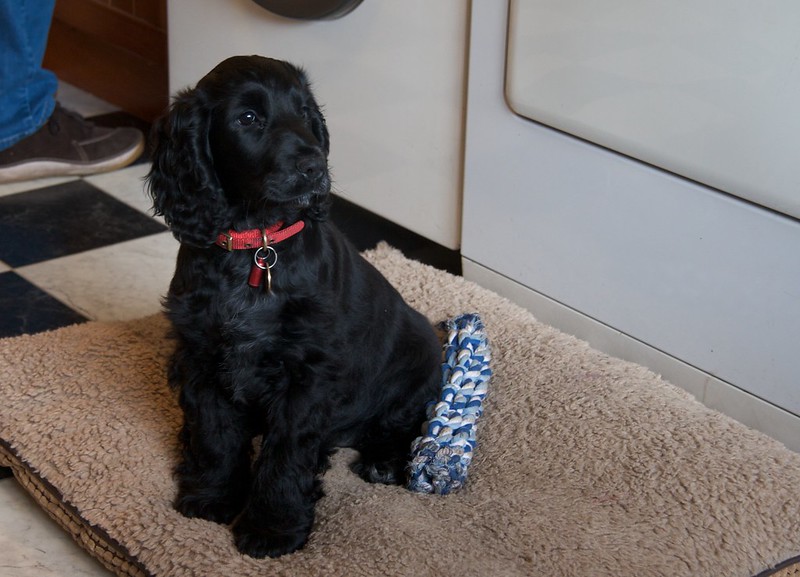
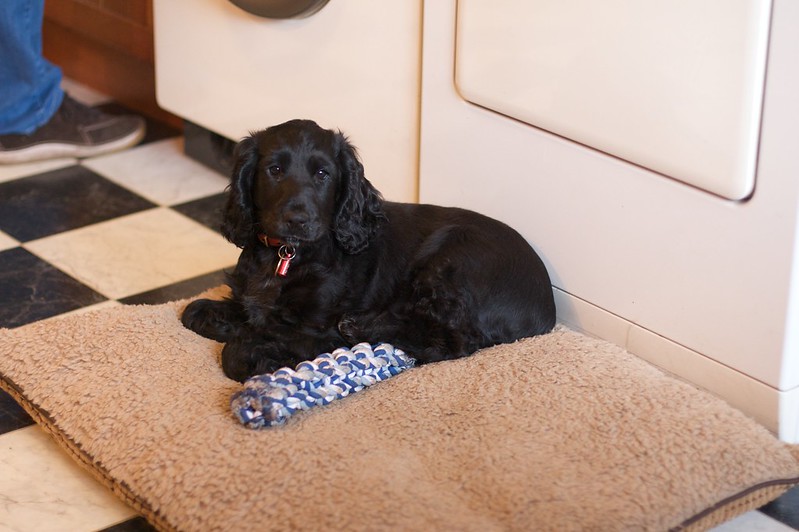
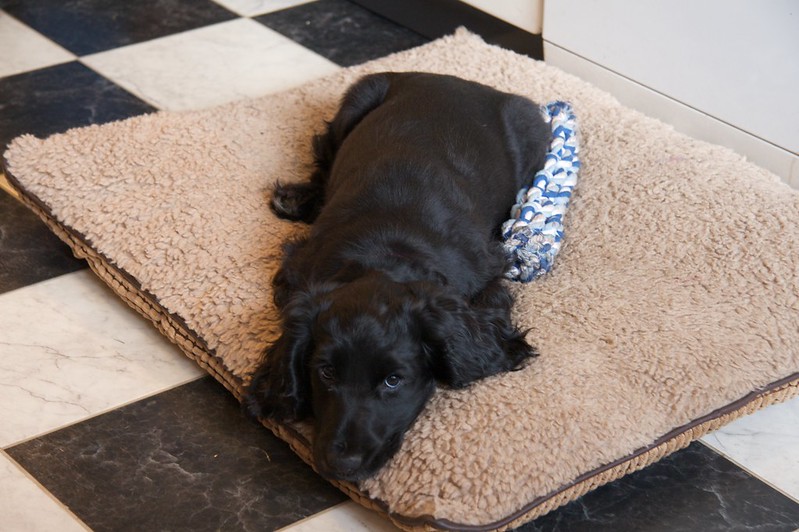
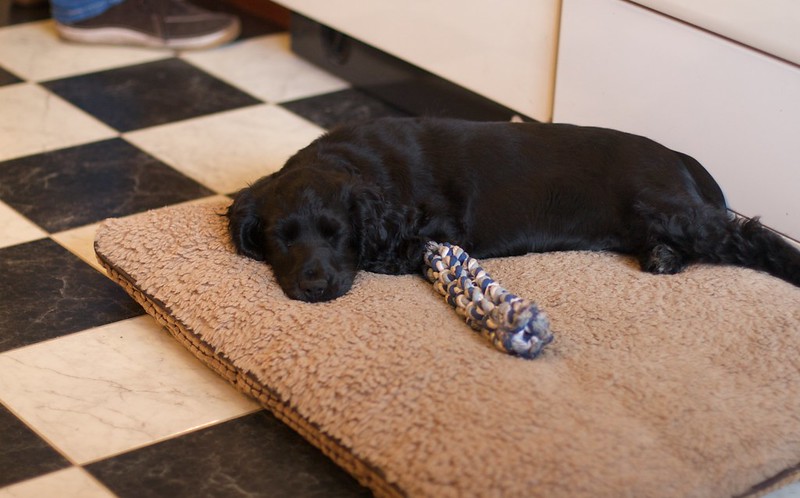

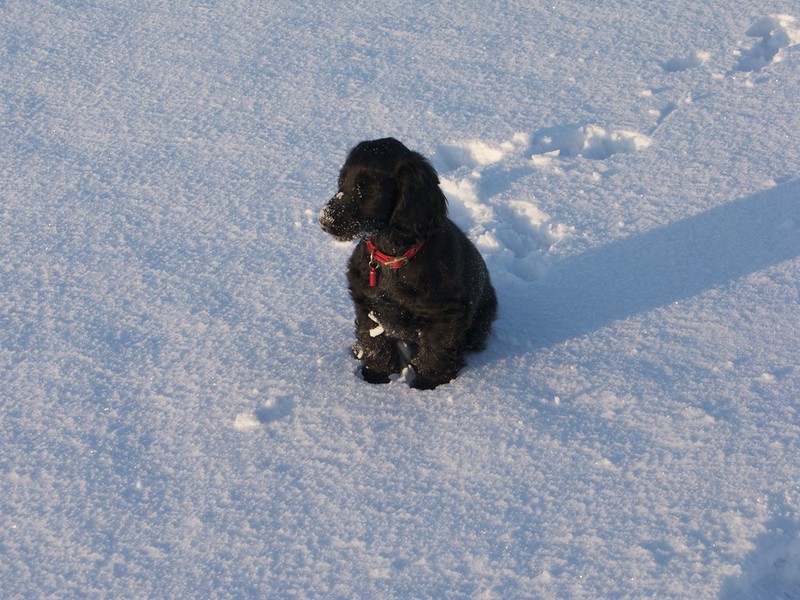
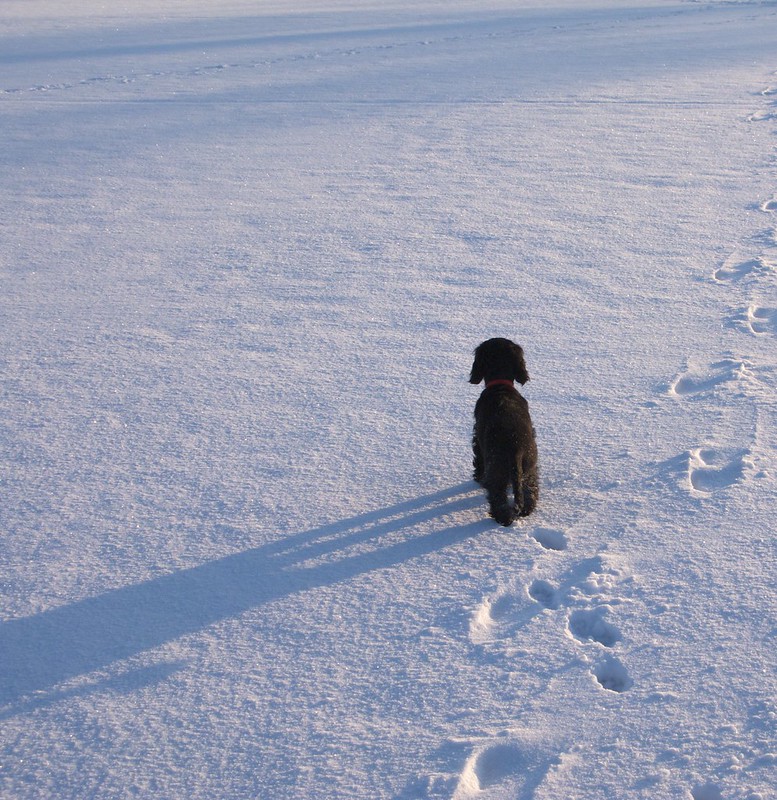
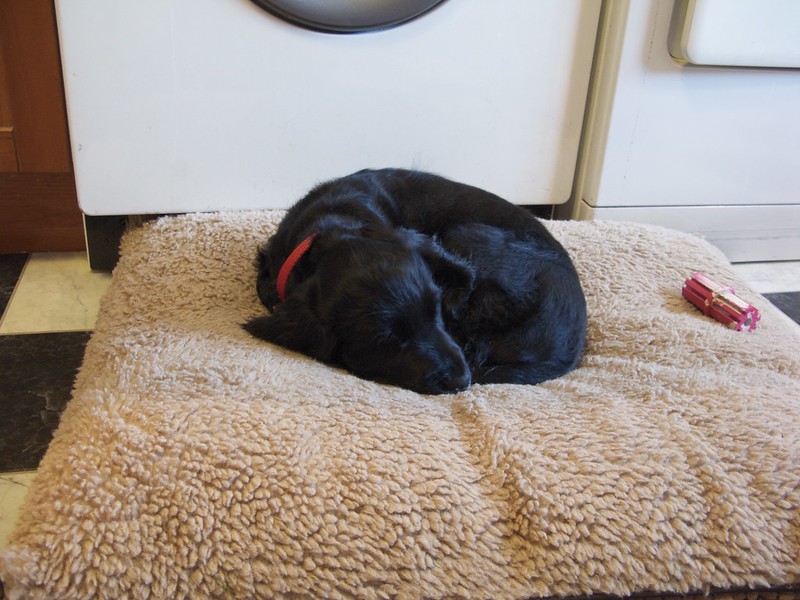
Recent Comments